Cambodia’s education sector is undergoing a period of transformation. Recent decades have witnessed significant progress in access and enrollment rates, particularly at the primary level. However, challenges remain in ensuring quality education for all and bridging the gap between rural and urban opportunities.
Access and Enrollment: Primary school enrollment rates have soared to over 95%, exceeding the world average. This expansion is largely due to government initiatives aimed at removing financial barriers and promoting universal access. However, secondary school enrollment lags behind, particularly in upper secondary grades. Rural areas face the steepest challenges, with fewer schools and higher dropout rates.
Education System and Curriculum: The current 6+3+3 system divides education into pre-primary, primary, lower secondary, and upper secondary levels. The curriculum emphasizes Khmer language, mathematics, and social studies, alongside life skills and vocational training pathways in upper secondary. While strides have been made in curriculum development, concerns remain about alignment with real-world job demands and the need for stronger STEM education.
Teacher Quality and Training: Teacher shortages persist, especially in rural areas and specialized subjects. Many teachers lack formal qualifications and require ongoing training to meet the evolving needs of the education system. The government has placed increased focus on teacher training and professional development, but bridging the quality gap requires sustained investment and targeted interventions.
Learning Outcomes and Challenges: Despite rising enrollment, learning outcomes remain a concern. International assessments indicate that Cambodian students lag behind regional peers in literacy and numeracy. Factors contributing to this include inadequate early childhood education, large class sizes, and limited access to quality learning materials. Addressing these issues requires a holistic approach to early childhood development, improved classroom environments, and innovative teaching methods.
Technological Integration: The potential of technology to improve education is increasingly recognized. However, limited access to infrastructure and digital literacy skills present significant barriers. Government initiatives and partnerships with the private sector are paving the way for increased connectivity and promoting digital learning tools in classrooms.
Looking Ahead: Cambodia’s education sector faces both significant challenges and promising opportunities. Continued improvements in access and equity are crucial, alongside efforts to enhance learning outcomes and empower students with relevant skills for the 21st century. Addressing persistent disparities between rural and urban areas requires tailored solutions and targeted investments. By building on achievements, addressing existing gaps, and embracing innovation, Cambodia can work towards ensuring quality education for all.

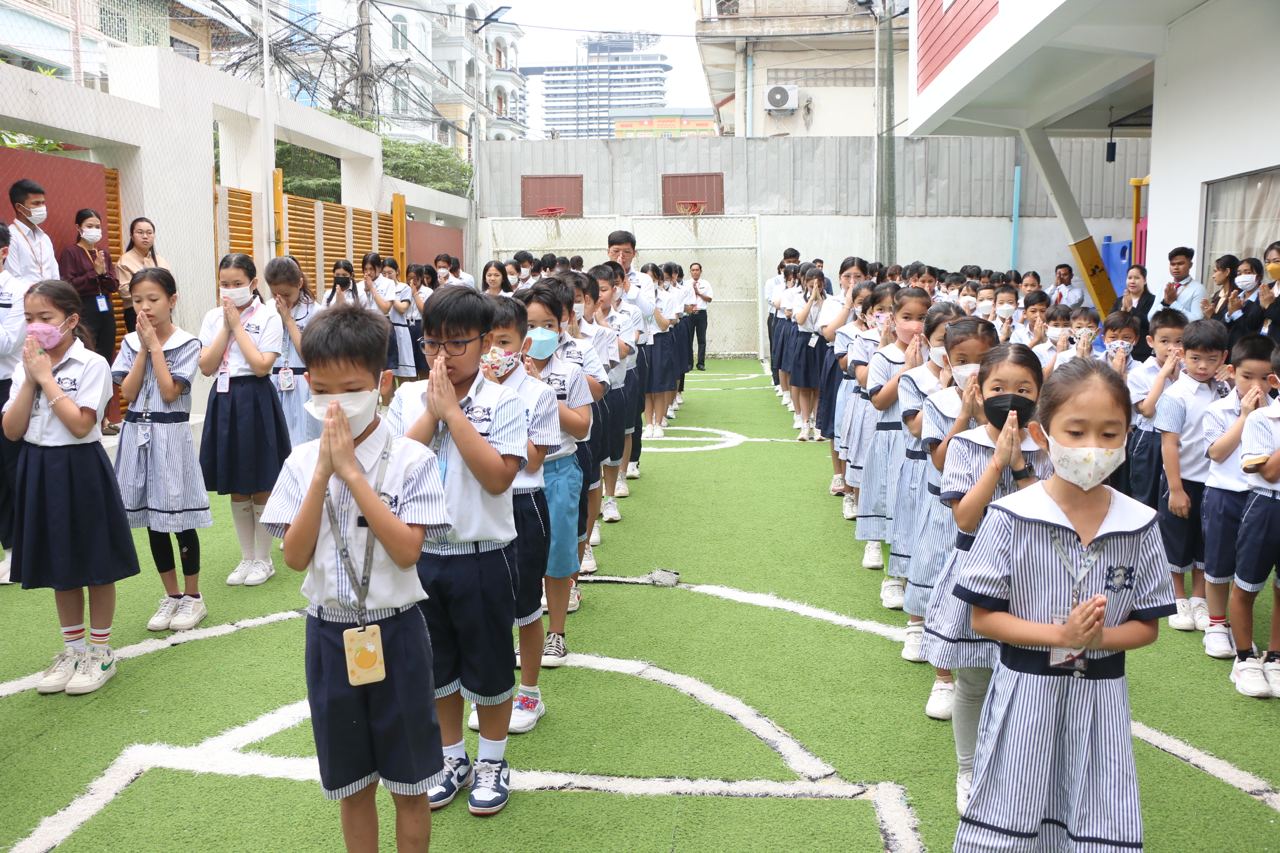

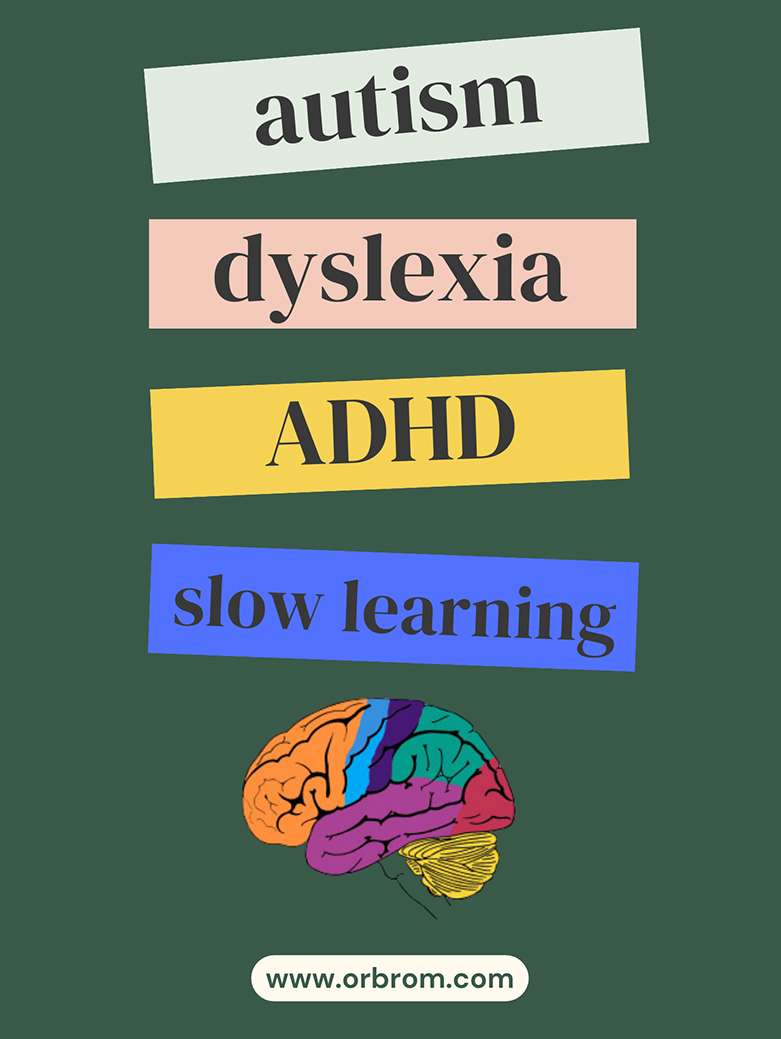

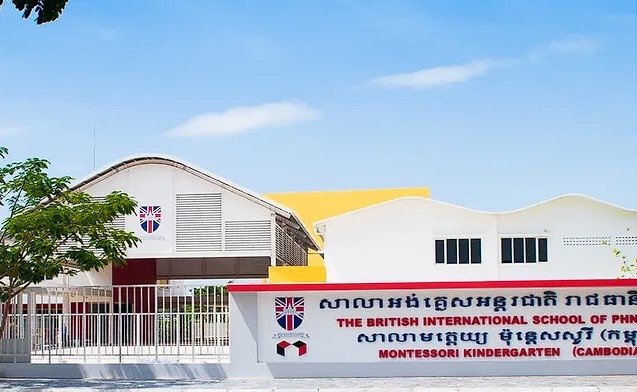
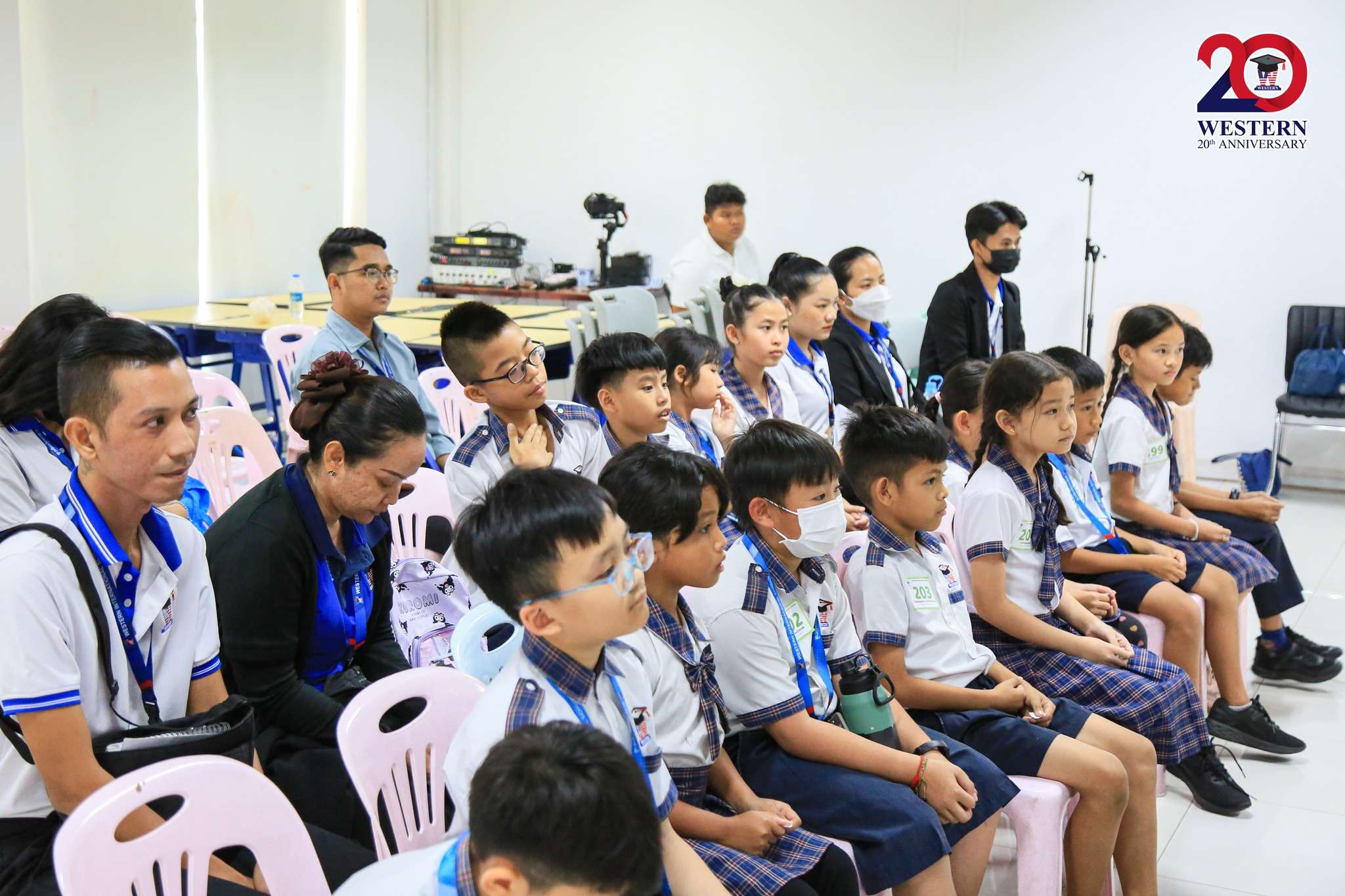
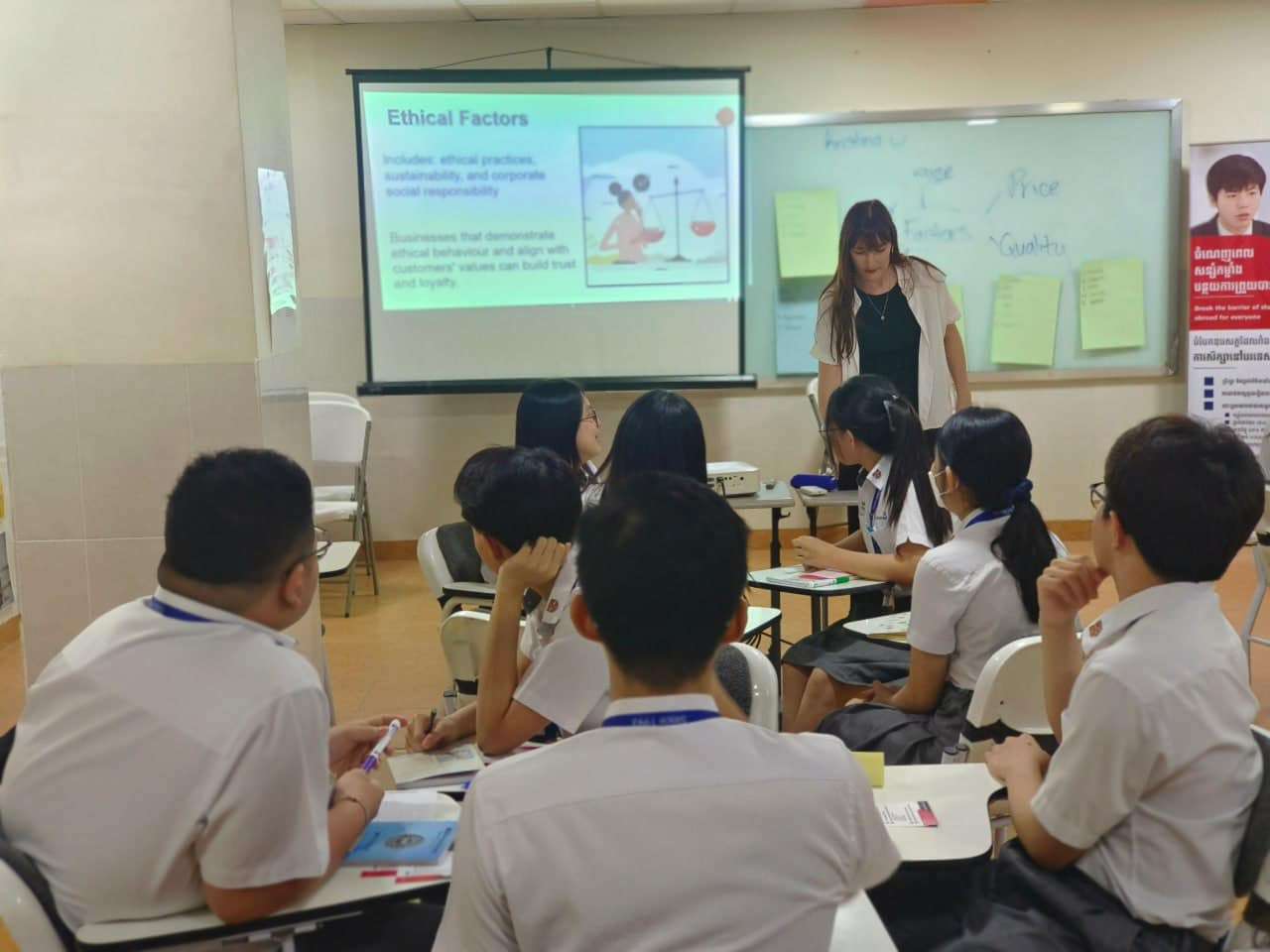
Leave A Comment